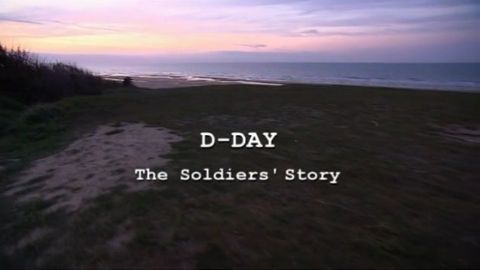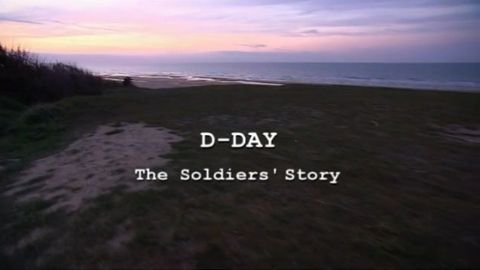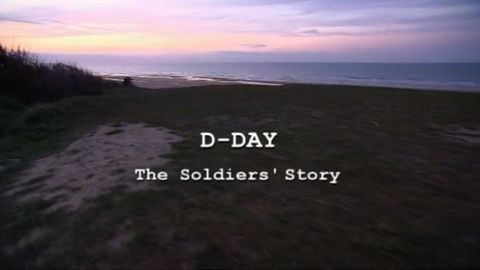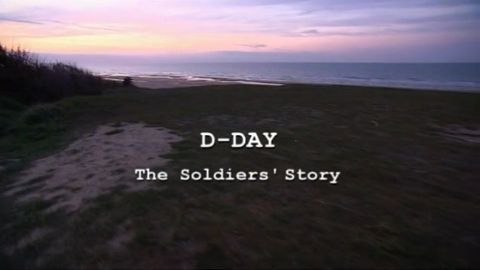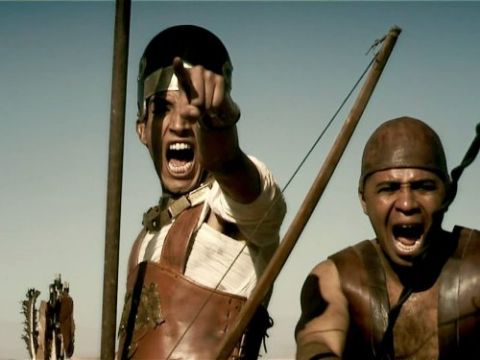Part 2 • 2012 • episode "S1E2" • D-Day: The Soldiers Story
D-Day suffers a last minute postponement when the weather over the Channel deteriorates. For Allied Supreme Commander General Eisenhower these are moments of extreme anxiety. Many of his men will be experiencing combat for the first time, and there is much that could go wrong. When meteorologists promise Eisenhower a brief window of improved weather, he takes the gamble and orders the invasion to proceed. Airborne divisions lead the way, parachuting into the darkness over Normandy. Shortly after dawn landing craft approach the coast. At Omaha Beach the Germans are waiting for them. The carnage that follows is described here with vivid personal testimony from both sides.
Make a donation
Buy a brother a hot coffee? Or a cold beer?
Hope you're finding these documentaries fascinating and eye-opening. It's just me, working hard behind the scenes to bring you this enriching content.
Running and maintaining a website like this takes time and resources. That's why I'm reaching out to you. If you appreciate what I do and would like to support my efforts, would you consider "buying me a coffee"?
Donation addresses
BTC: bc1q8ldskxh4x9qnddhcrgcun8rtvddeldm2a07r2v
ETH: 0x5CCAAA1afc5c5D814129d99277dDb5A979672116
With your donation through , you can show your appreciation and help me keep this project going. Every contribution, no matter how small, makes a significant impact. It goes directly towards covering server costs.
